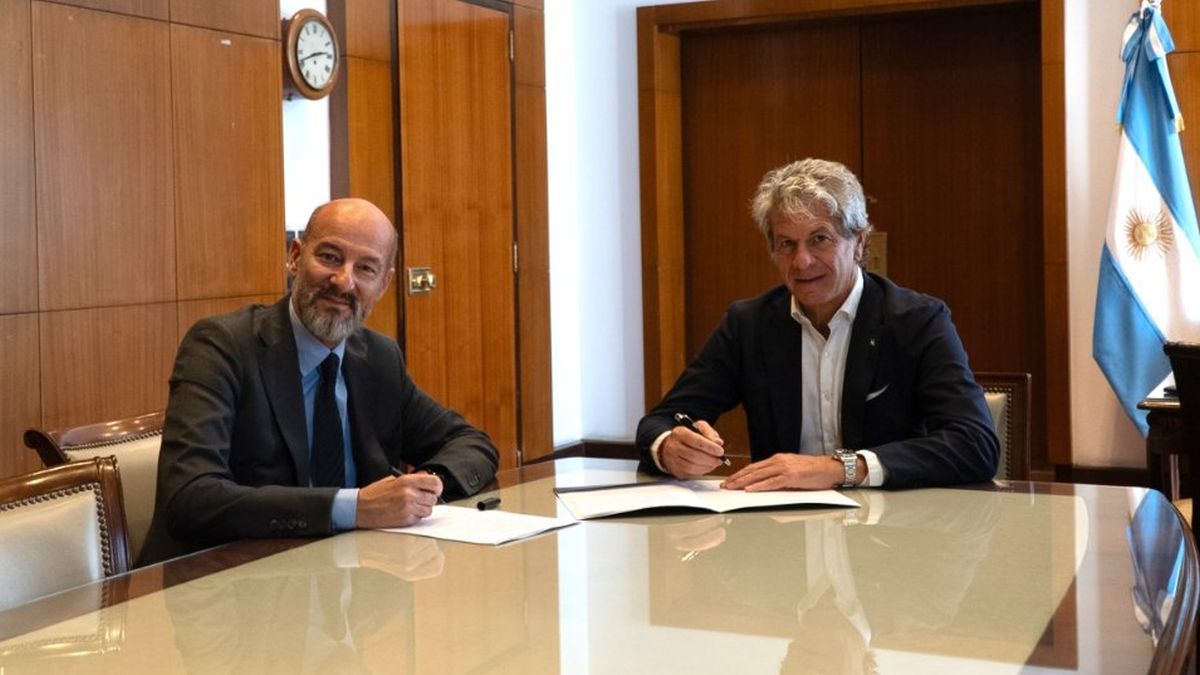One percent of the Icelandic population only worked four days a week. It was the world’s largest experiment in this regard – and the results were positive all round.
Only work four days a week instead of five without sacrificing performance and productivity – can that work? Iceland tried it. The largest four-day week experiment worldwide took place in the island nation between 2015 and 2019. A total of 2500 workers took part – at least one percent of the country’s population. Instead of 40 hours, they only worked 35 or 36 hours a week, but got the same pay.
Two years after the end of the experiment, researchers have now presented the results. And these are almost entirely positive: the four-day week in Iceland was “an overwhelming success,” writes the British think tank Autonomy, which evaluated the experiment together with the Icelandic Association for Sustainable Democracy Alda. “Important lessons” can be drawn from this for both workers and businesses, the report said.
Four-day week significantly improves work-life balance
In retrospect, many worries turned out to be unfounded. Productivity and services would not have suffered in most places as a result of the reduced working hours. At the same time, it was found that workers’ wellbeing had improved in many ways. Many felt less stressed and reported a better work-life balance because they could spend more time with their family or had more space for hobbies or volunteer activities. In addition, men in heterosexual relationships took on more tasks at home. The risk of burnout diseases has also decreased significantly, according to the evaluation.
There were also hardly any negative effects to be observed economically. “By and large, productivity and services remained at the expected level or even increased during the experiment,” the researchers note in their report. They attribute this to the fact that many people focus more on their work within the reduced working week than during a conventional five-day week. Instead, meetings were shortened and unnecessary coffee breaks were canceled.
Shorter working hours are becoming the norm in Iceland
The recommendation is clear: “The shorter working week in Iceland shows us that in modern times it is not only possible to work shorter hours, but that change is also possible,” said Gudmundur D. Haraldsson from Alda. Will Stronge, director of research at Autonomy, said, “The study shows that the public sector is ripe to pioneer shorter hours – and that other countries can learn from it.” There are now approaches in Spain and Japan, among others, to implement a four-day week more broadly.
Many workers in Iceland are convinced of the concept. “A shorter working week is the future, there is no going back,” said one participant in the study. Since the end of the experiment, some unions have renegotiated working hours, a total of 86 percent of workers in Iceland now have shorter working hours, or at least the opportunity to do so.
Jane Stock is a technology author, who has written for 24 Hours World. She writes about the latest in technology news and trends, and is always on the lookout for new and innovative ways to improve his audience’s experience.




